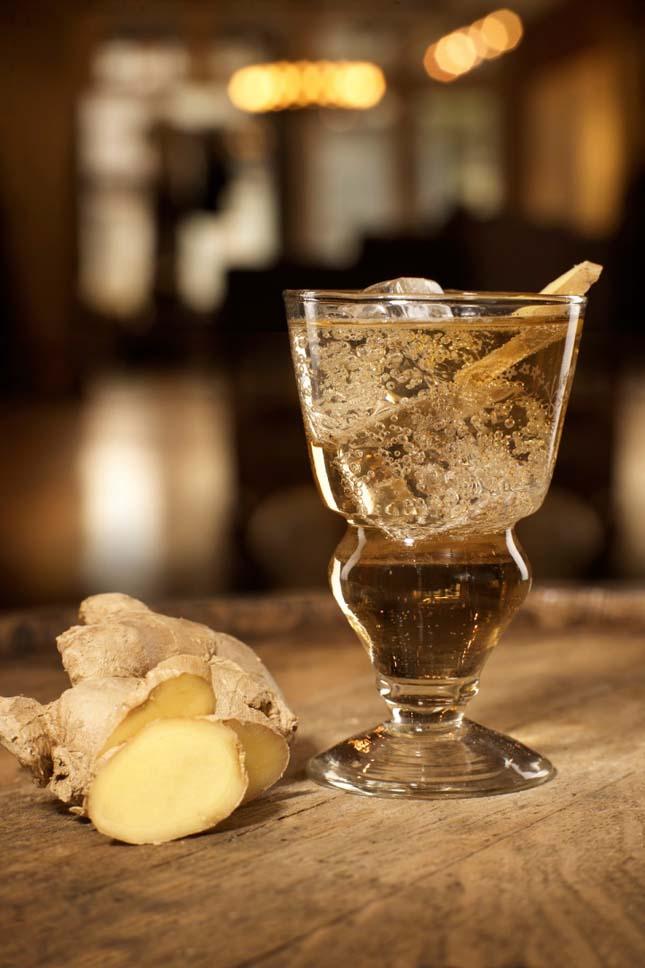Cocktail of the Week
By • July 26, 2011 0 1266

Root beer conjures up pleasant childhood memories for most people. Whether it’s thoughts of a simpler time and a tall frothy mug at a soda fountain café or a creamy root beer float on a hot summer day, many of these remembrances take us back to our younger days.
While liquor companies have tried to corner the adult market for root beer with sugary schnapps and cloying sweet vodkas, it wasn’t until recently that a truly mature twist on this youthful treat was available.
The same company who revolutionized the gin world with their multi-layered botanical rich Hendrick’s gin has created Root liqueur, which is based on the historical recipe for root beer.
According to Root’s website, ArtInTheAge.com, root beer can trace its origins back to the 1700’s. Back then it was called root tea, a folk recipe made with birch bark, wintergreen and other wild roots and herbs. The recipe was passed from the Native Americans to the colonial settlers. As the years went on, it grew in potency and complexity especially in Pennsylvania where the ingredients grew naturally in abundance.
Root beer did not become commercially successful until it was discovered by Charles Hires, a Philadelphia pharmacist, who tried root tea while on his honeymoon in New Jersey in 1875. Hires worked in his laboratory to improve the flavor and remove the alcohol, and then reduced it to a powdery concentrate that could be mixed in drug stores. He began serving his beverage cold, instead of hot.
Have you ever wondered have why root beer is called “beer?” According to Art in the Age, Hires called his beverage root “beer” so that hard working Pennsylvania coal miners and steel workers would enjoy the beverage in place of an alcoholic one.
Hires’ root beer made its debut at the Philadelphia Centennial Exhibition of 1876, where it was touted as “the greatest health-giving beverage in the world.” Sales took off. By the 1890’s Hires began selling the concoction in pre-mixed bottles.

